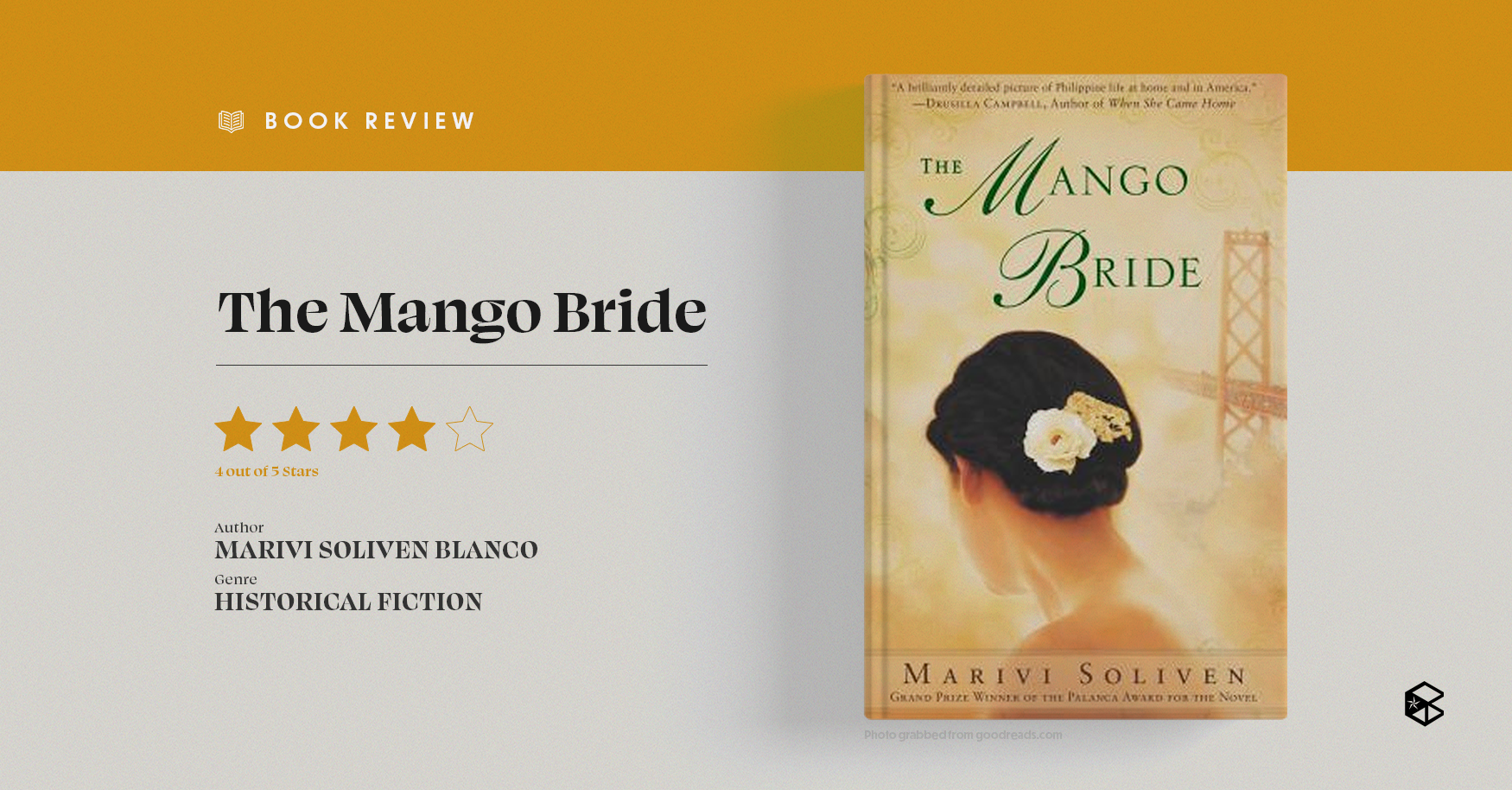The season turns ripe with tension as The Mango Bride peels open the lives of two women, seemingly unrelated, yet unknowingly intertwined. They grew up in families from opposite socioeconomic classes, only to be pulled apart from them by circumstance. Still, their roots eventually crept back toward them, as the challenges they face begin to hit painfully close to home.
Author Marivi Soliven Blanco serves a story rich in endurance, sharing moments where determination may or may not always be desirable, depending on how one reckons with the morality and consequences of their situation. A life, with or without privilege, carries its own complexities and burdens, which the author expressed without resorting to comparison.
Through its delicate prose and interesting symbolic play of mangoes throughout, she pours sincere understanding into the narrative, acknowledging that these stories may very well be the realities of many.
Amparo’s growth from twisted roots
Amparo Guerrero, the daughter of the wealthy Señora Concha, is both a testament to and a victim of the toxic traditions and inhumane priorities of the elite. Though she carried herself with poise and education in her youth, still, an innocent miscalculation led to her disgrace within the Guerrero clan. Following the incident, her family gave her the opportunity to move to Oakland, California, a banishment disguised as a better life.
Her characterization was anything but simple. Through Amparo, the author sheds light to a painful reality: that even wealth couldn’t protect a woman from deeply rooted systemic misogyny. Though raised in a family with financial comfort and rare opportunities, Amparo lacked the freedom and love that should’ve come with it. Deriving from real-world injustices, the author shapes a character who can be both sympathized and understood.
With her being plucked from her family like unripened fruit, came personal growth as she spreads love and care to the people in her newfound home, despite the pain of her past. Through her compassion, she came to meet and bond with a fellow Filipina, Beverly Obejas.
Beverly’s yearning for the distant sun
Beverly Obejas lived an impoverished life following the death of her mother. Since then, she has been an emblem of realistic self-development and endurance. She is aware of the jealousy within her stirred by others’ seemingly effortless comfort, yet still striving to survive with the little resources that she has. Though her actions may appear questionable or even scandalous, it only reflect the harsh realities many women face in poverty, navigating survival with the limited options available.
Even so, her story is deserving of empathy and fair discernment. Larger systems often prey on the vulnerable, particularly women in poverty. The promise of a better life is a vulnerable dream to them, while for others, it’s just a manipulative slogan. With the weight of the burden, her story was handled with care and sincerity, highlighting truths that are often judged or overlooked. It is easy to say that there are better paths, but for many, such paths are not too visible, accessible, or safe. Her story reveals how easy it is for the system to exploit those who are simply trying to live.
Entangled lives
Amparo and Beverly may have grown up on opposite ends of the socioeconomic spectrum, yet they share the same loneliness and abandonment that often comes with being a Filipina. They strive to understand their identities, confront their trauma, and inspire grit for survival, even after the painful betrayal from their trusted loved ones. Their life-altering choices allowed them to bond and understand each other, even through a violent revelation.


